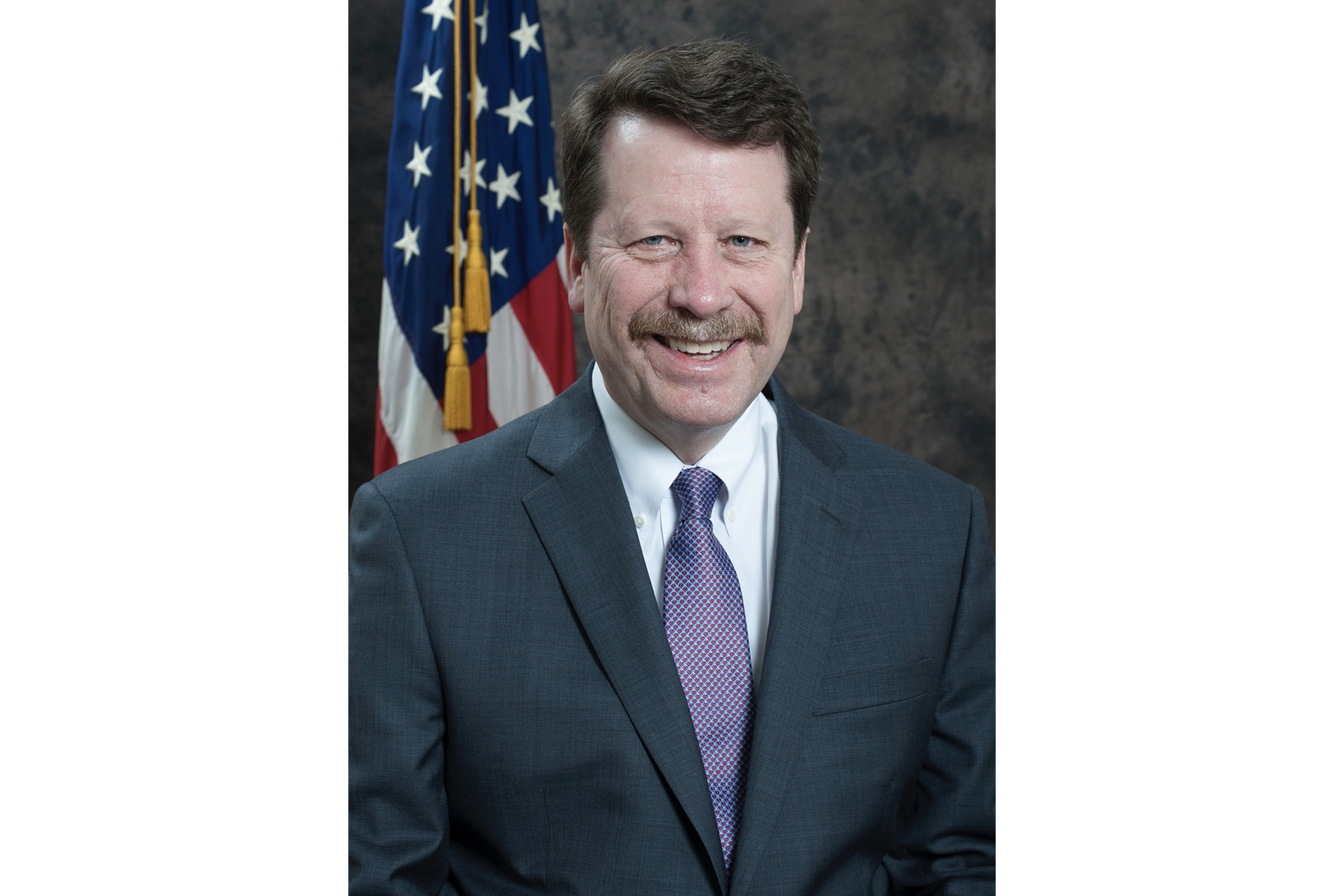Dr. Robert Califf will likely be confirmed as the next commissioner of the U.S. Food & Drug Administration (FDA) by midday Tuesday.
On Monday night, the Senate voted 49-45 to advance his nomination as part of a cloture vote, a key procedural hurdle that can also show whether or not Senate leadership has enough votes to succeed. Technically, cloture simply streamlines the vote by limiting the time a matter can be discussed and also restricting Senators from certain actions such as amendments that are unrelated to the vote. While this vote was close—five Republicans and one Democrat did not vote—Senate leadership typically does not call for cloture unless it believes it has the votes to pass a measure.
Califf garnered the support of five Republicans, while simultaneously having five members of the Democratic caucus vote against his nomination. Roy Blunt (R-Mo.), Richard Burr (R-N.C.), Susan Collins (R-Maine), Lisa Murkowski (R-Alaska) and Sen. Mitt Romney (R-Utah) were the five who voted for Califf. Richard Blumenthal (D-Conn.), Maggie Hassan (D-N.H.), Joe Manchin (D-W. Va.), Sen. Ed Markey (D-Mass.) and Bernie Sanders (I-Vt.) voted against advancing Califf. The five had opposed him due to concerns over his close ties to the pharmaceutical industry and FDA’s lack of action(s) regarding the opioid crisis.
Califf was nominated last November, though it became apparent he would be the nomination in October. He has worked for Duke University for most of his career, where he was a professor of cardiology. However, this is not his first stop at FDA.
In early 2015 he was named deputy commissioner of FDA’s Office of Medical Products and Tobacco and he served as FDA commissioner during the final year of the Obama Administration. That means he was the commissioner in charge of FDA when the agency finalized its deeming regulations, marking the first serious regulations of cigars and other tobacco products in the U.S.
If confirmed, he will be responsible for leading FDA’s charge of trying to ban flavored tobacco products in the U.S. This spring, FDA is expected to make a decision regarding whether premium cigars will be required to go through a previously-announced product approval process or adopt a unique approach for premium cigars.


